September 18, 2017
Click here for the full written transcript of this podcast episode.
Measuring your heart rate variability (also known as “HRV”) is, in my opinion, one of the most valuable ways to begin your day with a brief three to five minute period of simple self-quantification that tells you exactly how stressed your nervous system is, how prepared your body is to train, and how everything from stress to supplements to sleep to sex has affected your body.
I've certainly produced tons of content on exactly how HRV works and how to do it, including:
–A Deep Dive Into HRV: The Myths & Truths of Heart Rate Variability Testing
–HRV: The Single, Next Big Trend In Biohacking And Self-Quantification And How To Use It
–Episode #222: What Is The Best Way To Track Your Heart Rate Variability (HRV)
–Everything You Need To Know About Heart Rate Variability Testing
But in this podcast episode, I address – along with HRV expert Jo Beth Dow – the latest news in the world of HRV, brand new technologies, and even ways to measure HRV without a chest strap.
So who is Jo Beth Dow?
Jo Beth Dow is a cofounder, CTO and COO of SweetWater Health, LLC, a pioneer in the use of heart rate variability as a platform for remote monitoring and diagnostics. Dow has spent her career in high tech designing and producing state-of- the-art networking technology and building high tech companies. Dow entered the networking industry at its inception and has been at the forefront of networking technology development, including Gigabit Ethernet, Fast Ethernet, and FDDI while working for Ungermann-Bass, Telebit, Network Peripherals, Granite Systems, Cisco and Dominet Systems. She founded and grew several technology companies where she honed her financial and operations expertise, including Granite Systems (acquired by Cisco), Dominet Systems, RedMedic (acquired by Blue Shield, and SweetWater Health).
She also served as CFO for Content Rules, a content development firm specializing in high tech clients. During her five-years at Content Rules, Dow took the firm from $3M to $8.7M in revenue. Dow co-founded SweetWater Health LLC with CEO Ronda Collier in 2011. SweetWater Health is a mobile health software technology company with a platform that measures heart rate variability (a vital sign that reveals an individual’s state of health for a number of different conditions and applications) and facilitates continuous monitoring of stress levels via a patented algorithm. She is responsible for engineering development of the product, operations, finance and corporate strategy. Dow graduated with a bachelor’s degree in computer sciences at Florida Atlantic University.
During our discussion, you'll discover:
-What I personally do with my own HRV numbers and how I choose the exercise I'm going to do based on my HRV numbers…[6:45 & 9:10]
-Whether there is any kind of special difference between the algorithm used in NatureBeat and the other popular HRV tools out there, like EliteHRV, MyIthlete, Bioforce, etc…[11:35]
-The first screen on NatureBeat has four options for monitoring stress – monitor stress, heart rate recovery, HRV for training and 3 min HRV checkup – and Jo Beth walks us through each…[20:50]
-How you can use your HRV measurement to tell whether or not you are depressed…[29:15]
-How much you can “game” that value with breathing, relaxation or meditation techniques while measuring your HRV…[35:15]
-When a high HRV is a bad thing…[38:15]
-How the food test works, and how Ben figured out he was eating “the wrong thing” for lunch…[47:05]
-How you can use the “correlation” screen to see how everything from body weight to stress to weight affects the HRV…[51:25]
–What heart rate monitor straps work best for measuring HRV…[55:45]
-How you can measure your heart rate variability without using a chest strap…[59:00]
-How a Zoom HRV monitor works to measure your HRV, along with your blue light exposure…[62:20]
-And much more…
Resources from this episode:
–NatureBeat app for iPhone and Android
–LifeTrak Zoom HRV Monitor – use code ZOOMNB10 to get $10 off within the United States
–LifeTrak Zoom HRV Monitor – use code ZOOMNB10 to get $10 off outside the United States
–Other HR monitors compatible with NatureBeat
–Interpreting HRV Trends in Athletes: High Isn’t Always Good and Low Isn’t Always Bad
–The OURA ring Ben talks about
–Spectra electrode conducting gel Ben uses
Show Sponsors:
-Four Sigmatic – Go to FourSigmatic.com/Greenfield and use code code BENGREENFIELD for 15% off.
-Kimera Koffee – Go to KimeraKoffee.com and use code BEN to get 10% off your order!
-Human Charger – Just go to humancharger.com/ben and use the code BFITNESS for 20% off.
-Thorne – Go to GreenfieldFitnessSystems.com/Thorne to check out pure, high quality supplements.
Do you have questions, thoughts or feedback for Jo Beth or me? Leave your comments below and one of us will reply!


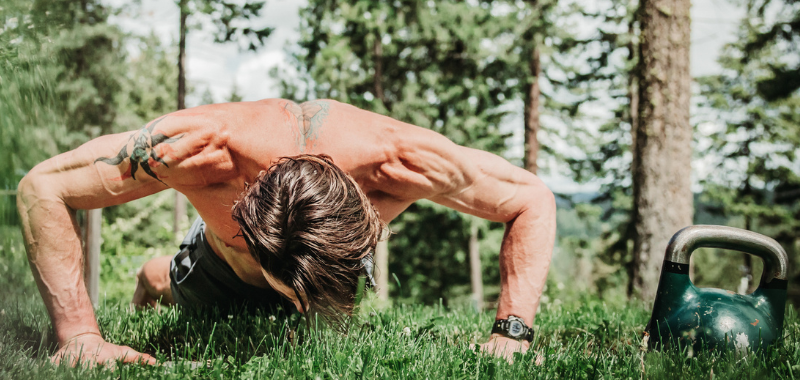

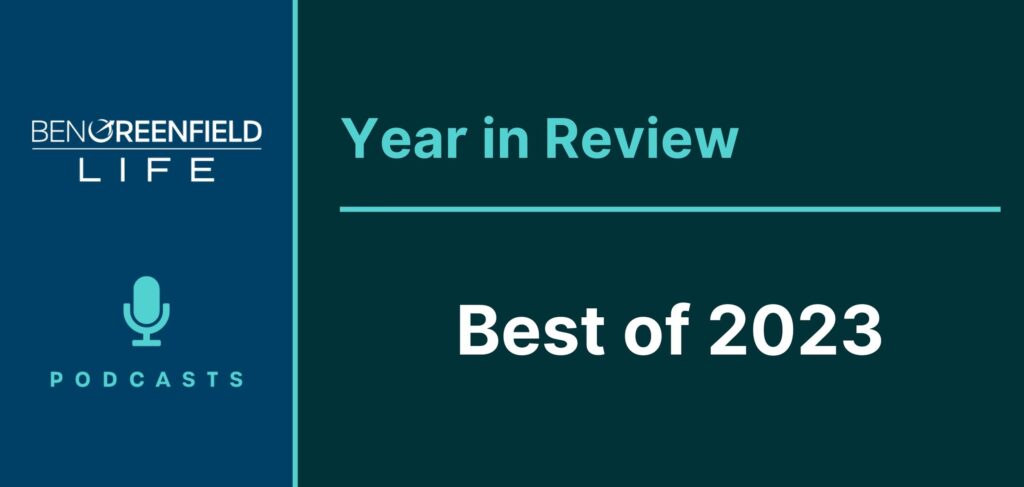
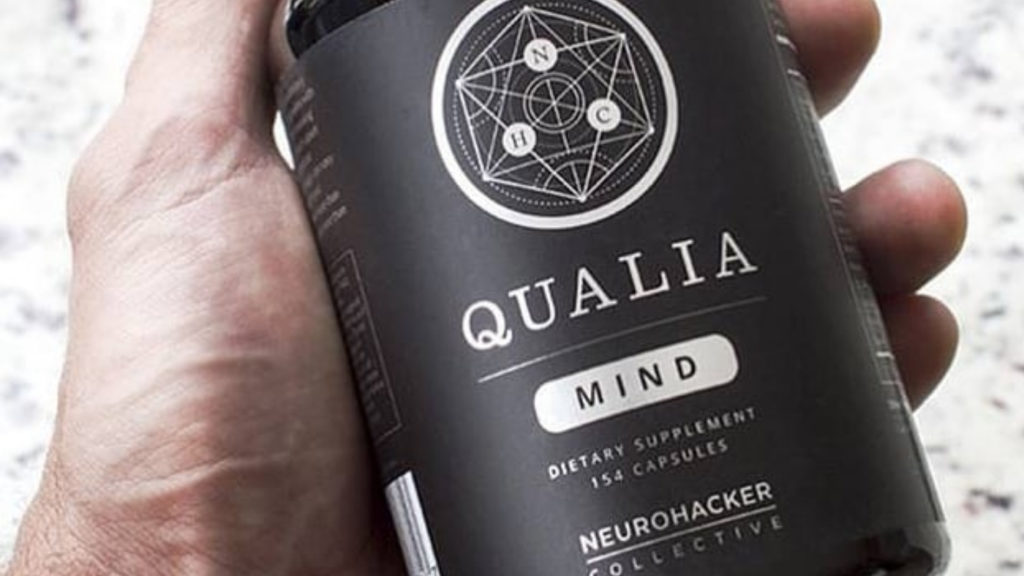






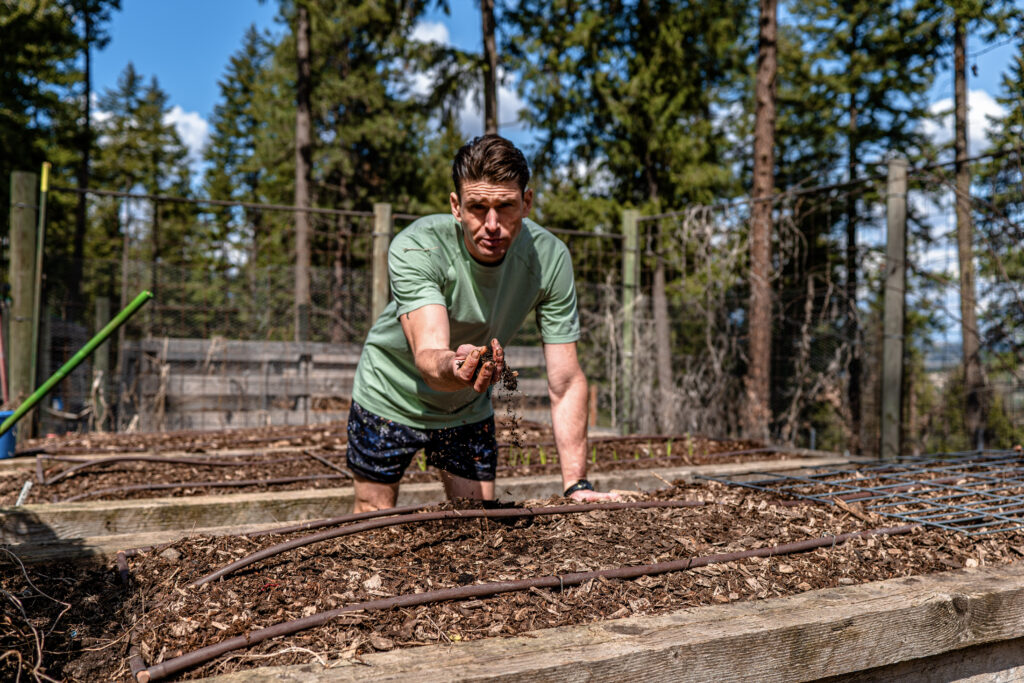
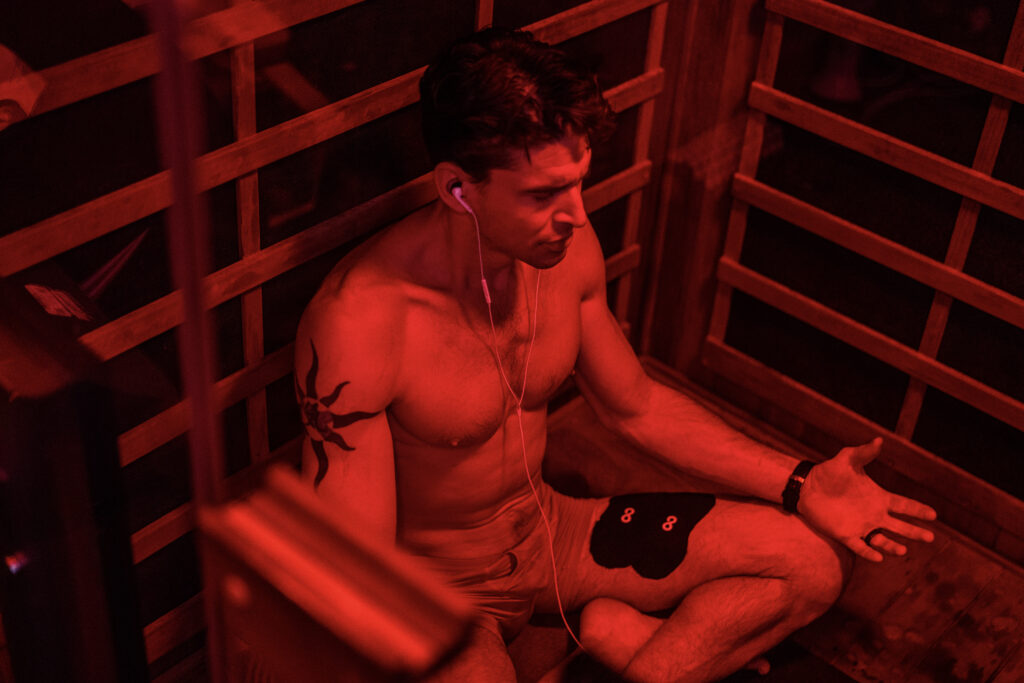
Hi Ben
Great podcast however I have one question. I have been listening to your other podcasts on HRV and have copied the following from the podcast “a deep dive into HRV” with Dr Heathers
Ben: Gotcha, okay. So I want to kind of use that as a segue into asking about what a lot of these things in the current self-quantification industry are actually measuring because there are claims out there with all these different apps and HRV tools that they can measure things like the strength of your sympathetic versus your parasympathetic nervous system or your approximate blood lactic acid levels or your readiness or your lack thereof to train. So when it comes to what the folks in the self-quantification industry are putting all these apps and stuff for quantifying heart rate variability, does HRV actually measure all of these things, or is that like blue sky thinking in your opinion?
Dr. Heathers: There’s two answers to that. The first answer is the only thing that I’m really comfortable saying that HRV definitely does is it’s a good measurement of the modulation of cardiac parasympathetic outflow. So if you are entirely at rest or entirely calm, you should be seeing a certain sort of signal, and when you’re not in the absence of that, you should be seeing another signal. The interesting part there is that this question doesn’t come up in research at all, and it comes up in device design and wearable computing and app stuff for the simple reason that it’s easy to measure heart rate stuff, but your three examples were parasympathetic to sympathetic balance, right?
Ben: Right, that and a couple of others I’ve seen are blood lactate and readiness to train like green light versus yellow light versus red light, take an easy day.
Dr. Heathers: Right. I understand the third one, but my answer to the first two is substantially less positive. The whole idea of parasympathetic to sympathetic outflow is built on a piece of series from the early 90s by a group of Italian cardiologists who I had a fight with a couple of years ago because they’re wrong, and they never really admitted it publicly. It’s something that’s been noted by people who are much more senior researchers than me. The whole idea of using spectral HRV to measure autonomic balance, it is just not supportable anymore. There’s no particularly good evidence for it, and it doesn’t work very well.
This goes against what Jo Beth Dow says in this podcast?
What is your take on this?
Matt
This is a great question to call into the podcast! I would summarize it and call it in here: speakpipe.com/bengreenfield
Hi Ben, is there any news yet on an update for the Android app?
Many thanks
Another fantastic podcast! I’ve wondered about some of these different buttons/features in the app so it’s nice to hear about them. I’ve pretty much only done the HRV For Training since I started measuring it most every morning. I also liked the query about whether or not you should use breathing or thoughts of gratitude to “game” up your HRV. I noticed that I can get 4-5 more points by doing that too. I’d throw in my vote to get data from MyNetDiary or the Chronometer apps and maybe even Apple Health as I have a few apps that log activity to that into the Correlation data sources.
Great podcast. Thanks!
I’m curious why I get a different rMSSD readout from the same test on the NatureBeat app and the zoom app.
Because they used completely different algorithms.
I have been using elite HRV but since changing to you guys last week, i like how there’s a lot more data and info.
Especially that I can log a lot more things ( what I ate the night before, the location I’m in etc.)
I just wish my clients were as enthusiastic as i am about this stuff hah!
Can you point me towards a good resource for interpreting the other numbers that the app gives you like LF, HF, RR and Ect
Click through the list of resources at the top of the post on HRV and let me know if you still can't find what you're looking for.
Jo Beth mentioned being able to import data from other devices like FitBit, etc. What about from the Whoop device? And if so, how do I do it?
Is this app even maintained anymore? The Android app has not been updated since December of 2016. It has a rating of 2.2 from 4 users on the Android store and all of the reviews point to bugs and deficiencies. Spend less on marketing and more on the product and the app will sell itself.
From Jo Beth: We are aware of the comments. We have been discussing a plan of action.
We needed an Android solution at the time. Ironically, even though the app is ugly as hell and I am embarrassed, it is incredibly accurate.
Hi Ben,
The Android NatureBeat App only gets a 2.2 star rating with all the comments saying “it needs work” or “not as good as IPhone app”. There are no responses to the comments. I am wondering if the bugs have been worked out?
Thanks for everything!
Dana
Polar H10 seems to be an upgrade from the h7. Will it work with the app? (only H7 is listed on the linked page)
Yep, H10 should work fine.
Have you heard about the CoreSense for measuring HRV? What’s your take on it? Cheers.
Will the new Apple Watch have a good enough sensor to measure hrv accurately?
What is the difference between NatureBeat and the Sweetwater app?
The NatureBeat app has some custom hacks, links, and features added in designed by yours truly.
Great podcast! Thanks guys!! During training I looked at my ECT and noticed about 80 or so in :30 TABATA session. Is there a way to analyze without getting an ECG?
Great podcast! Thanks guys!! During training I looked at my
Ben very informative podcast – your question around temporarily pushing up the HRV number by using a breathing technique was very interesting – I have been using a breath pacer app and can push the HRV up by 20% – but it comes back down when i’m not using the breath pacer – I see it in the power levels also – they jump up when using the breath pacer but then come back down when taking a reading without any kind of breath pacer – Question – so is there any lasting benefit to using a breathing technique to up the HRV?
Yes. The benefits are that you actually learn specific breathing patterns that activate your parasympathetic nervous system that you can rely upon in times of stress.
re ishi, 3 syllables
noah tropic, 4 syllables
Is Lifetrack compatible with NatureBeat or is the features of Lifetrack app equivalent?
Can you send me a link so I know what you are talking about and I can look into it?
LifeTrak has a far different app. You still need the HRV features of naturebeat for this…
Hi Ben and thank for a very interesting podcast.
I have used various HRM systems over the years and am very interested in getting familiar with HRV. I currently use the Garmin fēnix 3 HR unit and this has a stress score function that is based on HRV, but I find very little info other than a stress score between 1 and 100. So it’s usefulness is limited compared to the info I heard in the podcast.
I dont find my HRM in the approved list of chest straps. Does that mean that I should just buy the least expensive chest straps from the approved list in order to utilize the NatureBeat app? Would be nice to not have to buy more hem gear since I already have a good system.
Yes, you must use one of the straps or methods here: https://greenfieldfitnesssystems.com/heart-rate-m…
Ben pity not Garmin compatible as Garmin must be one of the most popular straps in the field, is this because its inferior?
Really looking forward to listening to this podcast; except the media won’t download. I am signed on to my premium acct. help
Can you email [email protected] ?